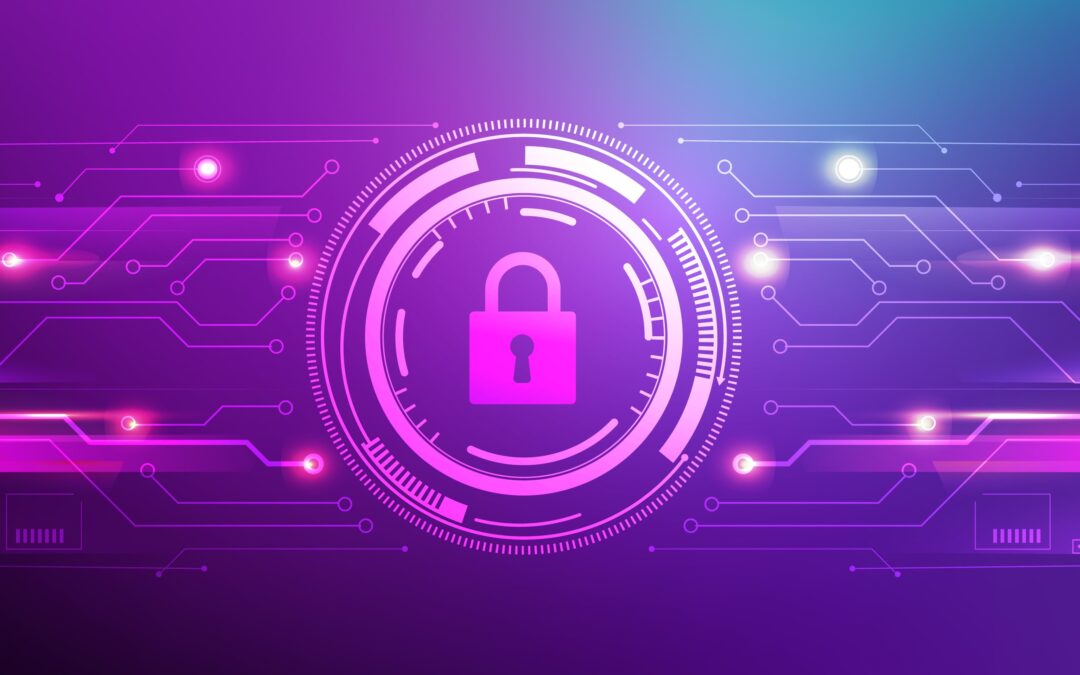Introduction
Quantum computing, a revolutionary approach to computation, has captured the imagination of scientists, researchers, and technologists worldwide. Its potential to solve complex problems at speeds far surpassing classical computers holds promise for numerous industries, including finance, drug discovery, and logistics. However, as with any disruptive technology, quantum computing brings both opportunities and challenges. One of the most significant areas of concern is its potential impact on cybersecurity. This article explores the intersection of quantum computing and cybersecurity, discussing how quantum computing might reshape the landscape of digital security.
The Basics of Quantum Computing
Before delving into its implications for cybersecurity, it’s important to understand the fundamentals of quantum computing. Unlike classical computers that use bits (either 0s or 1s) as the basic unit of information, quantum computers use quantum bits, or qubits, which can exist in a superposition of states. This property enables quantum computers to perform certain types of calculations much faster than classical computers.
Additionally, quantum computers leverage entanglement, a phenomenon where qubits become correlated in such a way that the state of one qubit is dependent on the state of another, even when separated by vast distances. This unique behavior allows quantum computers to tackle complex problems, such as factoring large numbers, with greater efficiency.
Breaking Cryptographic Protocols
One of the most significant concerns surrounding quantum computing is its potential to break widely used cryptographic protocols. Many of the encryption methods that currently secure digital communications and transactions are reliant on the difficulty of factoring large numbers into their prime factors. Classical computers struggle to factor large numbers efficiently, forming the basis of encryption algorithms like RSA.
However, quantum computers, specifically Shor’s algorithm, have demonstrated the potential to factor large numbers exponentially faster than classical computers. This development could render current encryption methods obsolete, jeopardizing the security of sensitive data, including financial transactions and personal information.
Post-Quantum Cryptography
In response to the cryptographic vulnerabilities posed by quantum computing, researchers have been working on developing post-quantum cryptographic algorithms. These algorithms are designed to withstand attacks from both classical and quantum computers. They aim to provide a level of security that remains intact even in the presence of powerful quantum computers capable of breaking current encryption schemes.
The National Institute of Standards and Technology (NIST) has been leading the effort to standardize post-quantum cryptographic algorithms. These algorithms explore various mathematical problems that are believed to be hard even for quantum computers to solve, ensuring a new generation of secure encryption methods.
Quantum Key Distribution
While quantum computing presents challenges to classical encryption methods, it also offers solutions through quantum key distribution (QKD). QKD leverages the principles of quantum mechanics to enable secure communication between two parties. It relies on the fundamental property that any attempt to observe a quantum system alters its state, making eavesdropping on a quantum communication detectable.
One well-known QKD protocol is the BB84 protocol, which allows two parties to establish a shared secret key that can then be used for secure communication using classical encryption methods. QKD offers a unique advantage in that it can detect unauthorized interception of the key, ensuring the security of the communication.
Conclusion
Quantum computing’s potential to revolutionize industries and scientific fields is undeniable, but its impact on cybersecurity cannot be overlooked. As quantum computers advance, they could potentially break widely used encryption methods, leading to vulnerabilities in digital systems that rely on data privacy and security. However, the development of post-quantum cryptographic algorithms and the utilization of quantum key distribution protocols offer paths to mitigate these risks.
The cybersecurity landscape is poised for a significant shift as researchers, businesses, and governments prepare for the quantum future. Striking a balance between harnessing the power of quantum computing and safeguarding sensitive information will be crucial in the years to come. The collaboration between quantum computing experts and cybersecurity specialists will play a pivotal role in shaping a secure and resilient digital world in the quantum era.

